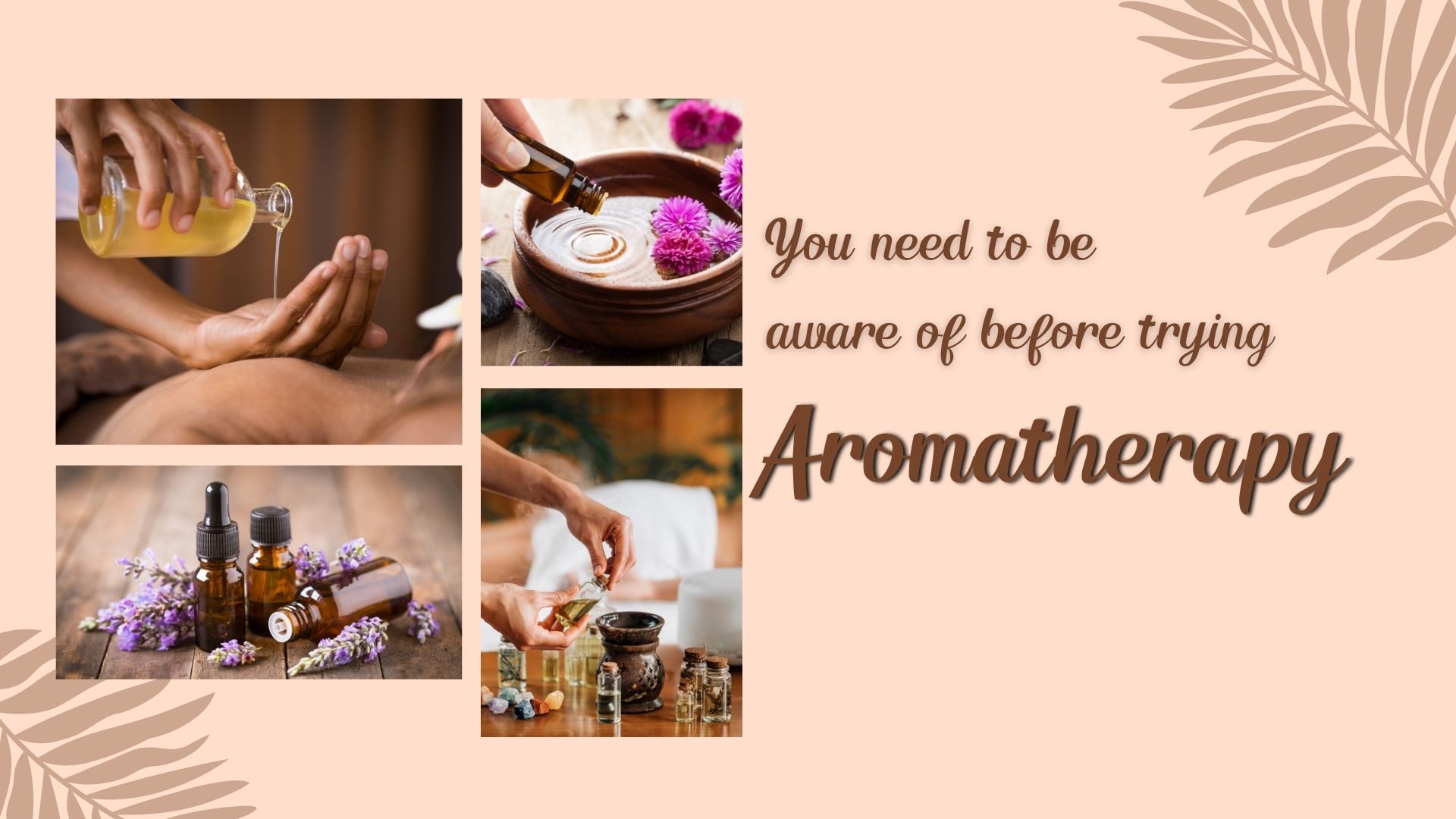Aromatherapy is the practice of utilizing essential oils derived from plants for healing reasons. Despite the connotation of "Aroma" for inhaling oils, they can also be used on the skin during massage or even taken orally. Nonetheless, it is essential to never consume essential oils without explicit instruction from a reputable and accredited expert. Furthermore, there is a growing interest in essential oils as an alternative treatment for infections, stress, and various health concerns, whether they are applied topically or inhaled.
In this article, we have compiled essential details about Aromatherapy, such as its advantages, the mechanism of this treatment, individuals who should refrain from using aroma therapy, and other related information.
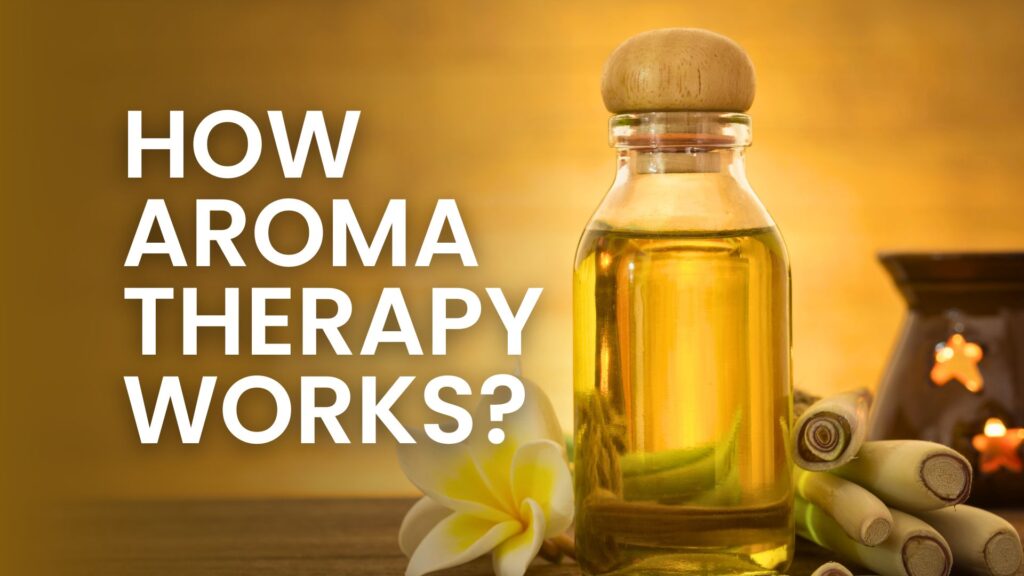
How does Aromatherapy Work?
The scientific principles underlying aromatherapy remain unclear to researchers. Some experts believe that our sense of smell may play a role. Your nose’s “smell” receptors convey messages to the amygdala and hippocampus, two regions of the brain that store memories and emotions.
According to some experts, breathing in essential oil molecules can influence mental, emotional, and physical health by stimulating specific brain regions. Like several sedatives, scientists predict that lavender may increase amygdala brain cell activity. Other experts think that the compounds in essential oils could interact with bloodstream hormones or enzymes.
In addition, aromatherapy massage is a commonly used method of utilizing essential oils as it has multiple effects simultaneously. Your body takes in essential oils through your skin and inhalation. Furthermore, you get to undergo the physical rehabilitation provided by the massage.
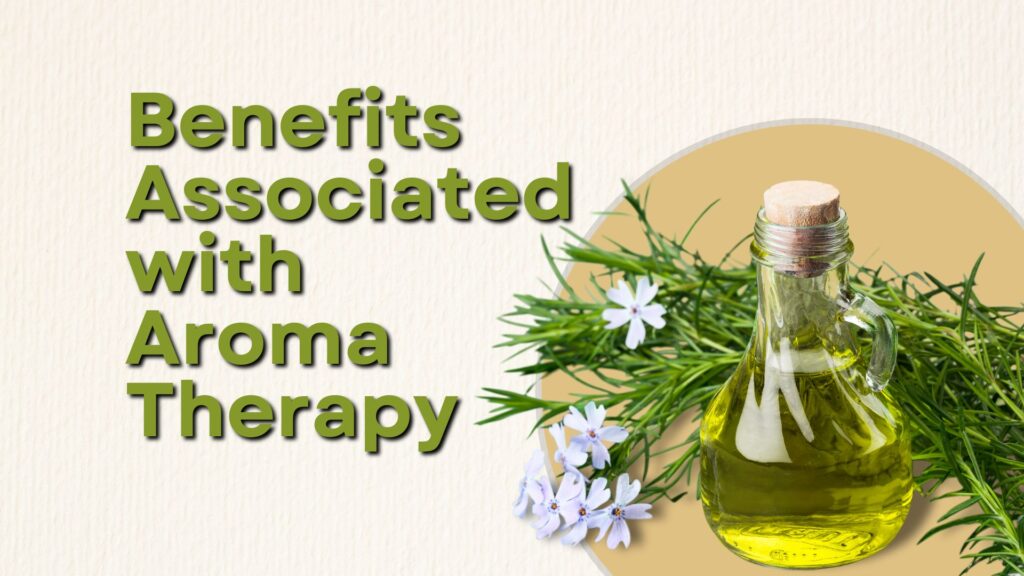
Benefits Associated with Aromatherapy
Aromatherapy is mainly used in spas and medical facilities to treat a wide range of ailments. It is very helpful in reducing pain and enhances the overall mood. Furthermore, the therapy promotes sensations of calmness and tranquility. Various essential oils such as orange, lavender, rose, and sandalwood have proven to be favorable in easing anxiety, stress, and depression, even in individuals with mild to moderate symptoms.
Therefore, aromatherapy enhances sleep quality, minimizes headaches & migraines, combats-bacteria, and enhances immunity. This treatment is also helpful in addressing ailments such as asthma, tiredness, menstrual problems, arthritis, menopause, sleeplessness, and exhaustion. Thus, opting for aromatherapy can assist in alleviating numerous current health concerns.
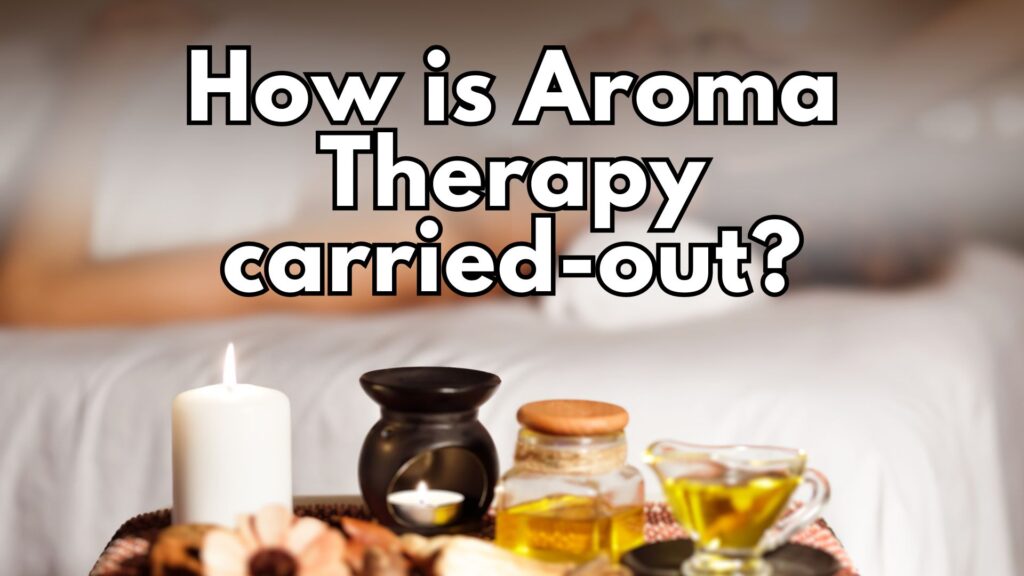
How is Aromatherapy carried-out?
Aromatherapy treatments can be administered by expert aroma-therapists, nurses, physio-therapists, and massage therapists through topical application or inhalation. However, only individuals with proper training should be responsible for applying essential oils.
Before beginning the aromatherapy session, the therapist will discuss your symptoms, determine your preferred scents, and gather health background information from you. You may receive a prescription to breathe in essential oils either through a cloth or indirectly via steam or mist. The massage therapist will also apply essential oils diluted with water onto your skin. Typically, the specialist will provide advice on how to integrate aromatherapy into your daily schedule, like including an essential oil in your bath.

Is it Safe?
In general, aromatherapy is considered safe. However, side-effects from essential oils are possible. Also, some essential oils might cause irritation to your nose, skin, or eyes. Moreover, they might result in minor allergic reactions.
Using essential oils may cause harm to your kidneys or liver. It is uncommon to utilize aromatic oils orally, and consulting with a doctor before doing so is strongly encouraged.
If aromatherapy is new to you, it is recommended to get assistance from a qualified medical professional. It is important to remember that essential oils are not FDA-approved, in contrast to medications, therefore there is no proof of their effectiveness or security.
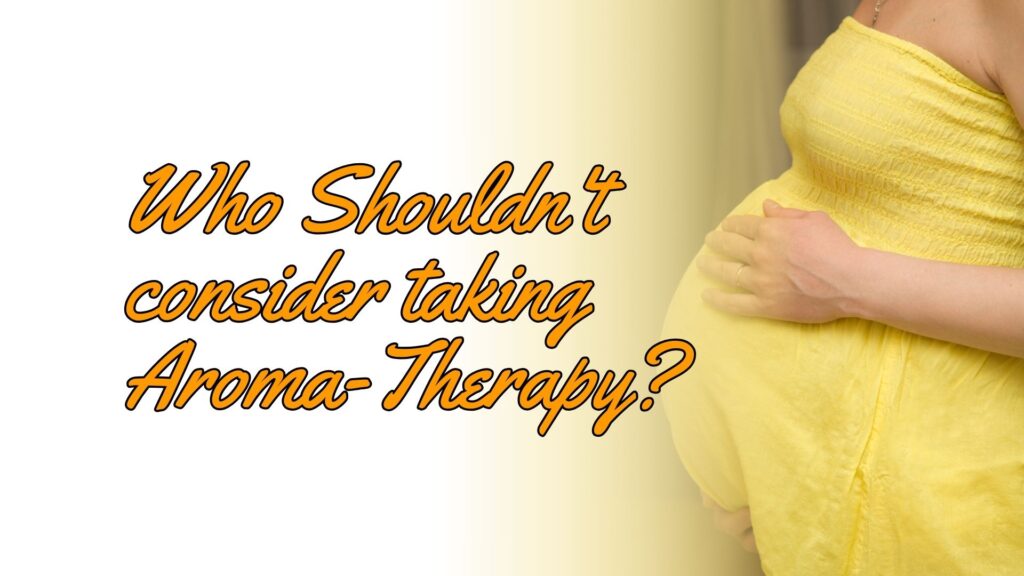
Who Shouldn't Consider Taking Aromatherapy?
- Expectant mothers, individuals with serious asthma problems, and those who have a historical allergy should avoid taking aromatherapy and utilize it only with the supervision of qualified experts and with approval from their doctor.
- Individuals with a past of seizures are advised to refrain from using certain essential oils.
- Individuals having hyper-tension should avoid using essential oils, especially rosemary & spike lavender.
- Individuals with estrogen-sensitive tumors should avoid utilizing oils containing estrogenic-compounds like aniseed, fennel, sage, and clary sage.
- Like other new treatments, individuals undergoing medical treatment for any condition ought to consult their doctor regarding any aromatherapy they intend to incorporate.
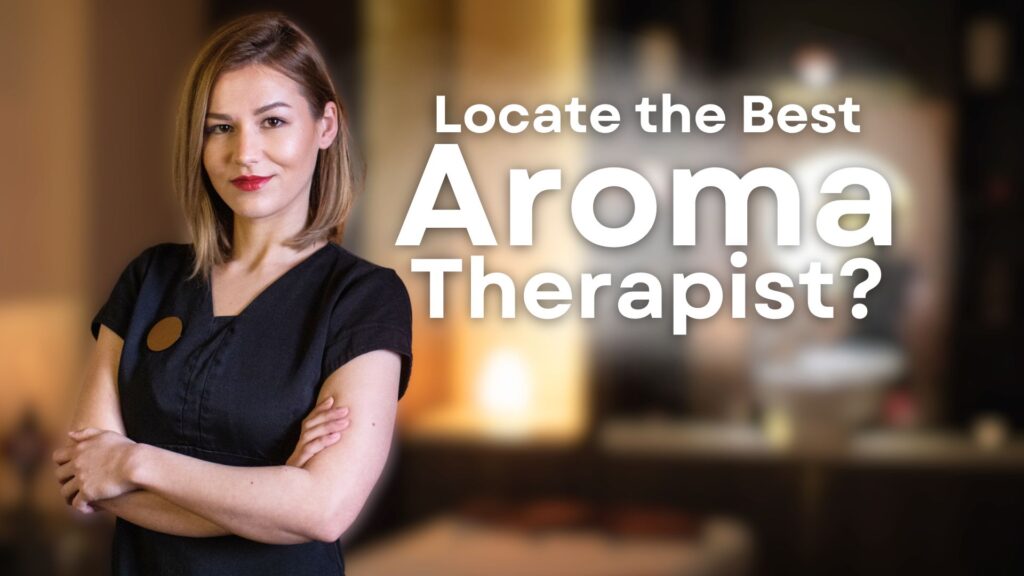
Locate the Best Aromatherapist.
If you want to go for an aromatherapy session, you can explore the internet and research on finding the best aroma therapist new me. However, to make your job easy, our professional team of therapists is here to help. You can get in touch with us and book your appointment via call or email to get started with the best aroma therapy
